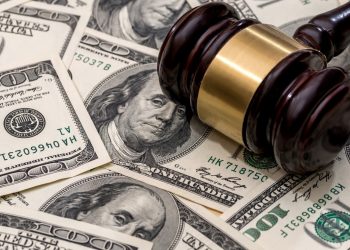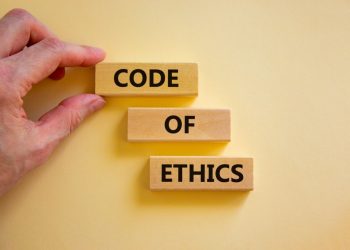By Robert Bieselin
RISMEDIA, Nov. 6, 2008-(MCT)-Green isn’t always what it seems, an environmental educator told consumers Saturday at a seminar in Lyndhurst, N.J.
Consumers have grown increasingly ecology-minded during the past five years, and the marketplace has reacted, filling shelves with a sea of products that claim to be “green,” or something similar, such as “organic,” “natural” or “sustainable.”
Packaging is commonly adorned with mountainous landscapes and other natural imagery, accompanied by slogans that imply some indistinct intention by the manufacturer to protect the globe. In many cases, experts say, it’s a lot of hype, or what they call “greenwashing.”
“The word ‘green’ doesn’t mean anything,” said Susan Lewicki, senior environmental educator for the New Jersey Meadowlands Commission’s new Environmental Center in Lyndhurst, which is itself built according to the guidelines of the U.S. Green Building Council.
“A lot of products that claim to be green really have no benefit on the environment. It’s just a way to get your attention,” she said.
To separate fact from fabrication, the commission hosted a seminar Saturday to help interested consumers see through vague claims to find products that actually are good for the environment. In a new classroom, populated by fish tanks, lab stations and stuffed raccoons and herons, the Ramapo College educator explained how prevalent and diverse greenwashing has become.
“One study, which tested a thousand products claiming to be green, found that all but one made some sort of claim that was deceiving,” said Lewicki, citing a report by eco-marketing firm Terrachoice that identified many green claims as vague, irrelevant, unproven or just plain false.
After an informal presentation, Lewicki allowed participants in the seminar to do their own investigating, passing around products with dubious or questionable “green” credentials. Items included tea and honey marketed as “natural,” aerosol cans labeled as CFC-free-something all such cans have been since 1978-and entirely synthetic solvents that attempted to appear more natural by putting fruit on their labels.
“In some cases, a label may highlight something which may be true, but distracts from some worse aspects of the product,” she said, comparing fruit-scented chemicals to organic cigarettes or Spam Lite.
After casting a fair amount of doubt, Lewicki gave tips on what consumers can do to protect themselves from being greenwashed. For starters, she said, read packaging and investigate beyond superficial claims.
If you’re not satisfied by labels, check product websites to see whether vague claims can be substantiated. And more importantly, don’t just trust what a company says about its products. Instead, look for a third-party certification that can verify ecological claims.
“I’m very green-so green I have neighbors that make fun of me for it,” said Maureen McDonald of Secaucus, N.J., who keeps compost, cleans primarily with vinegar and alcohol and recycles “everything.” “But I didn’t know what to look for. Now I know what to trust and which organization certificates to look for.”
For help in identifying green items, Lewicki suggested checking the Internet, primarily trusted sites such as: federal Food and Drug Administration, fda.gov; Department of Agriculture, usda.gov; the Global Ecolabelling Network, globalecolabelling.net; or Green Seal, greenseal.org, which identify deceptive labeling and offer information on legitimate green certifications.
“These companies don’t want you to think,” Lewicki said. “They want you to buy these products and get a warm, fuzzy feeling for doing the right thing. But you should ask questions and investigate these claims if you really want to do the right thing.”
© 2008, North Jersey Media Group Inc.
Distributed by McClatchy-Tribune Information Services.









